Organic Chemistry Group
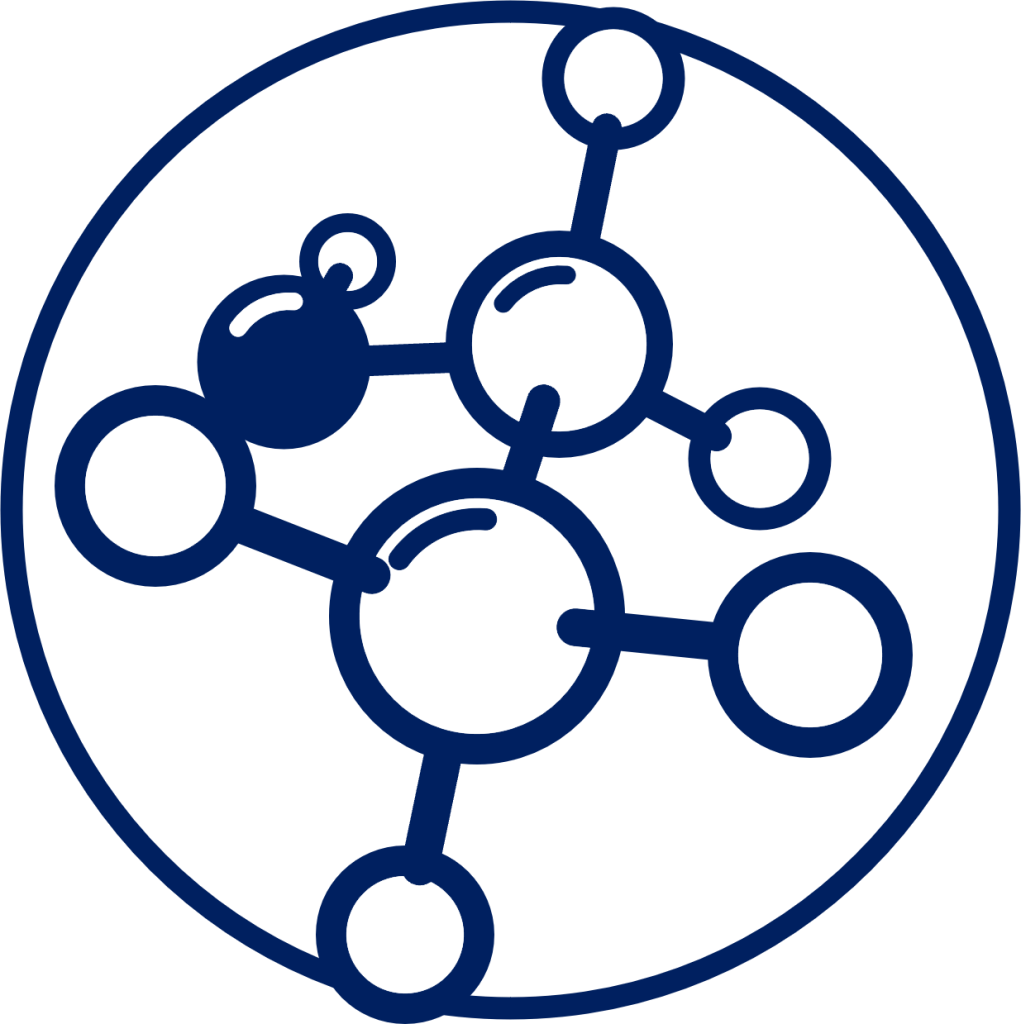
The Organic Chemistry Group is interested in natural and synthetic molecules based on carbon and examines their physical and chemical behavior for potential use in medicine and industry. The research activities encompass metabolomics, assessments of natural products for their therapeutic potential, and preparation of smart polymers, supramolecular complexes, ionic liquids, and carbohydrate-derived structures.
Research Areas
Organic Synthesis
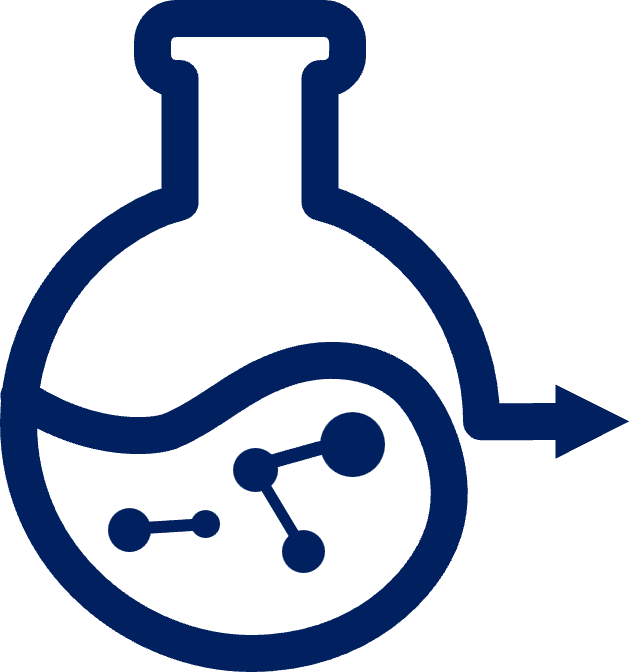
Organic synthesis involves the rational design and synthesis of organic compounds, ranging from simple molecules to complex structures. Innovative molecular strategies and methodologies are employed to create new substances with diverse applications. Current research in this field includes the development of more effective drugs, the design of smart polymers engineered to respond to external stimuli, and the fabrication of supramolecular architectures for various industrial uses.
Polymer and Materials Science
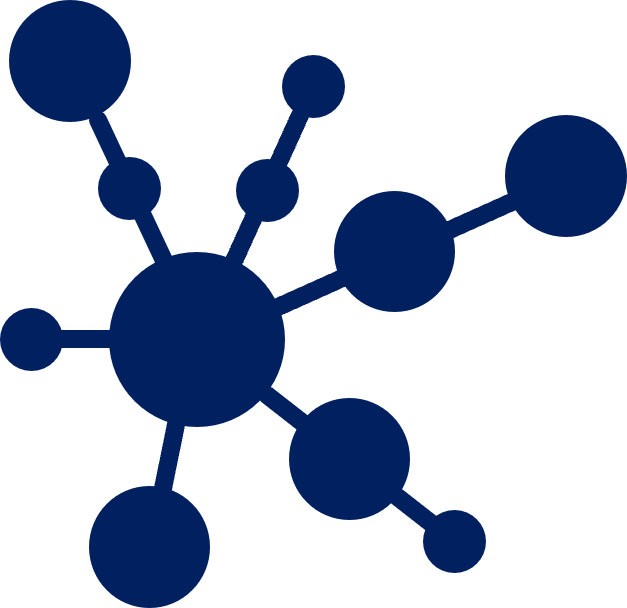
Polymer and materials science are multidisciplinary fields focused on creating advanced and functional materials with unique properties and applications, from catalysis to sensing and renewable energy. Researchers are actively exploring stimuli-responsive materials based on anthracene-capped polymers, ionic liquid-based materials for nanoparticle surface engineering, and electroactive materials for energy storage.
Carbohydrate Chemistry
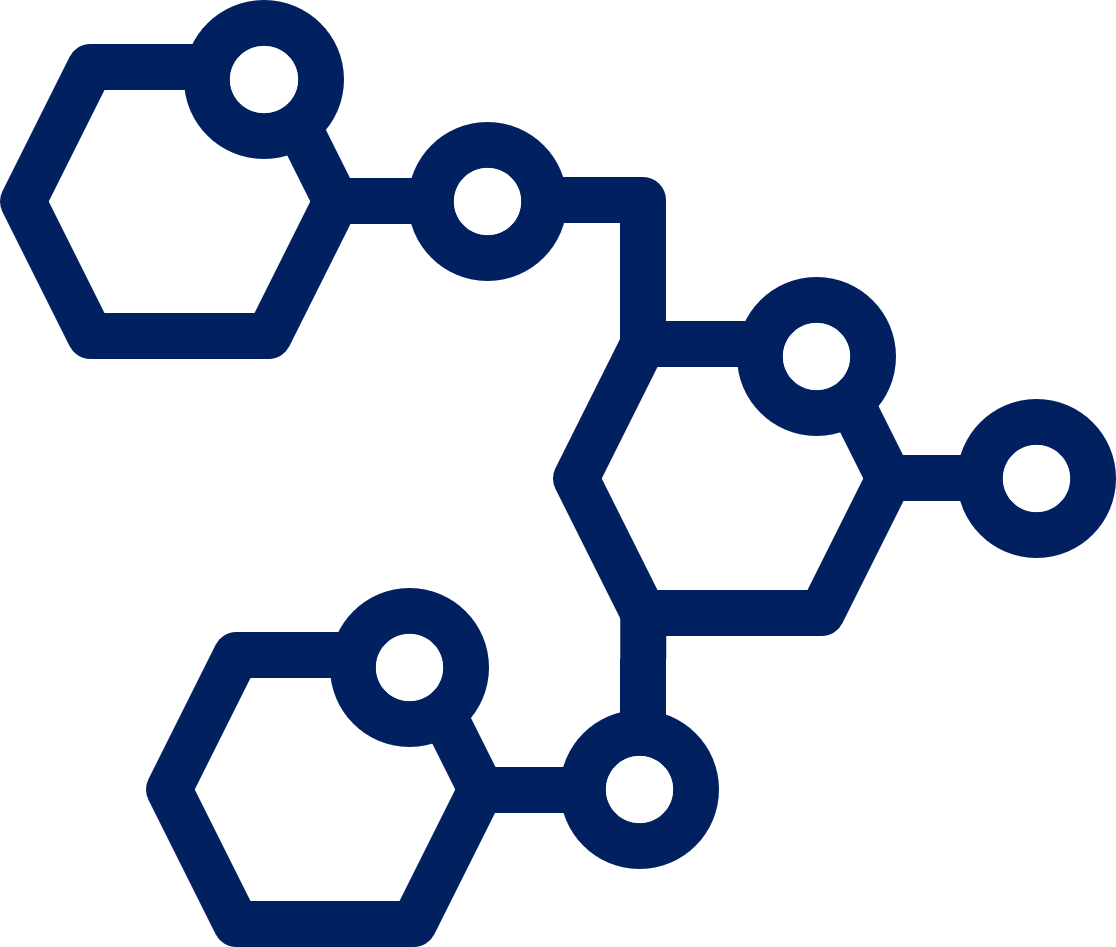
While chiefly used for energy storage and structural support by living organisms, complex carbohydrates within tissues participate in adhesion, recognition, and signaling. Chemical syntheses allow access to well-defined carbohydrate components and modifications may be introduced beyond what nature can provide. Structural variations offer opportunities to understand the features responsible for their functions, which could lead to compounds that can modulate or disrupt biological processes.
Natural Products Chemistry and Pharmaceutical Drug Discovery
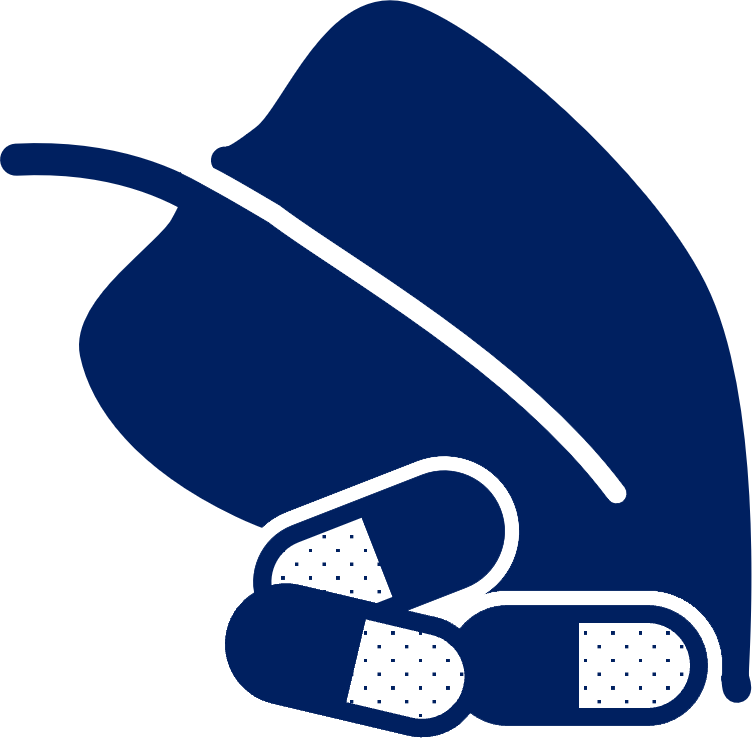
The Philippines offers a great biodiversity providing wide selections of plants and marine organisms which the researchers tapped as sources of future pharmaceutical products (e.g. antidiabetics, antihypertensives, antifungal, antimicrobials, antibiotics, pain medications, etc.). Research efforts in drug discovery and development include isolation studies, full structure elucidation of bioactive constituents from various natural products (marine and terrestrial), and optimization of the physicochemical drug properties.
Medicinal Chemistry
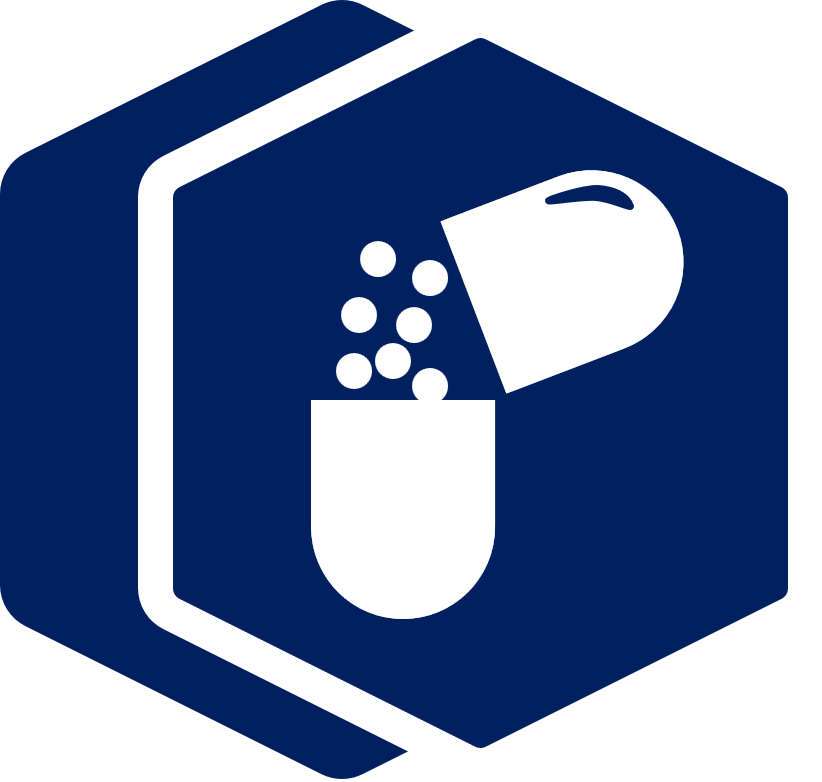
Medicinal chemistry is a collaborative effort of various fields, including synthetic organic chemistry, computational chemistry, and biochemistry, which aims to discover and develop new pharmaceuticals with enhanced efficacy. Chemical design utilizes synthetic and computational techniques to manipulate molecular structures, optimize potency and selectivity, and minimize adverse side effects. Efforts are directed towards unlocking novel therapies for various illnesses, from cancer to hypertension and infectious diseases.
Metabolomics
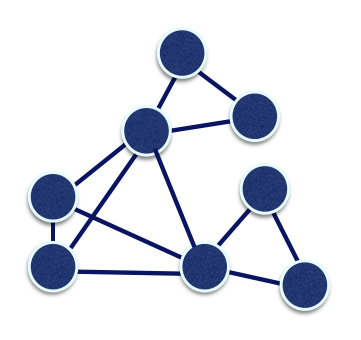
Liquid chromatography-Mass spectrometry (LC-MS) based Metabolomics is a powerful technique used to identify and quantify small molecules in biological samples. The development of high-resolution separation and mass detection instruments, along with open-source computational platforms, has made it possible to annotate metabolites in complex matrices. At IChem, our metabolomics research focuses on Philippine terrestrial and marine resources, conducted in collaboration with various research groups. This work supports drug discovery, biodiversity conservation, and the valuation of food and agricultural products. Some of our notable projects include metabolomics analysis of Philippine garlic and coffee bean varieties, local natural dyes, native and endemic fruits, and forest honey.

